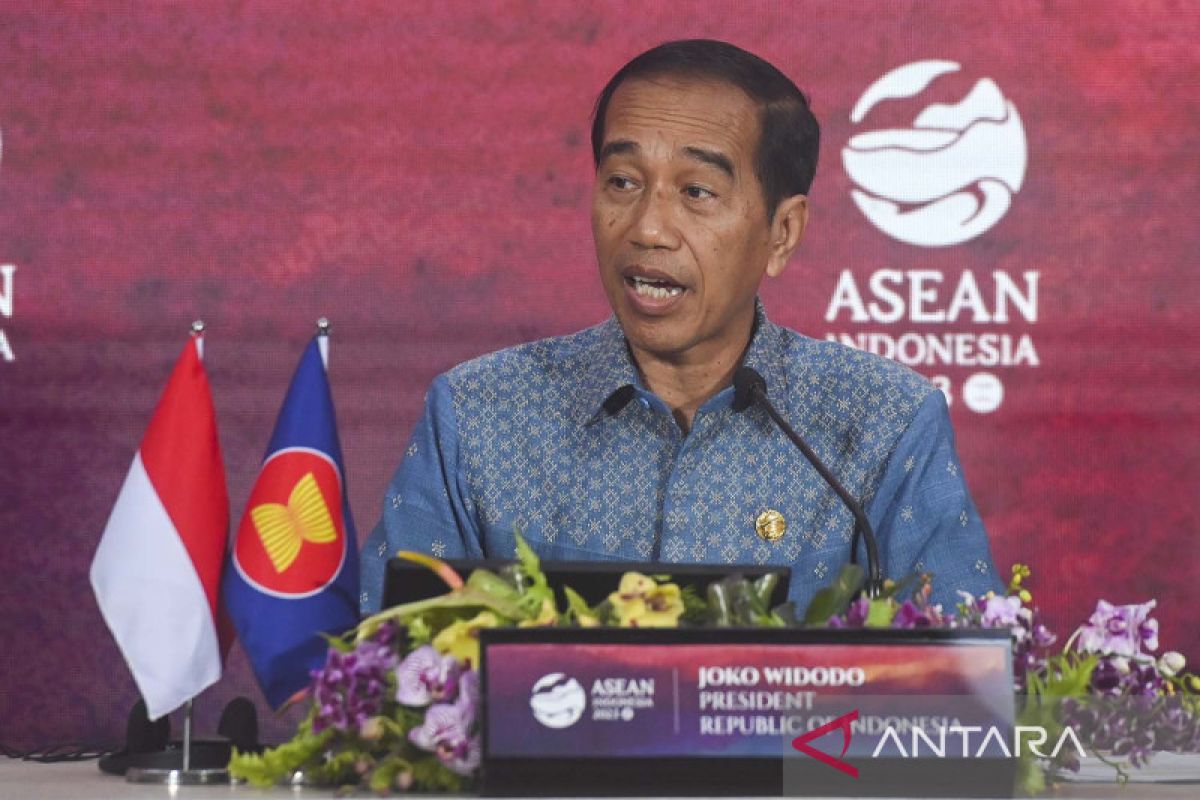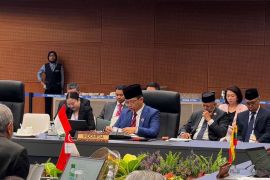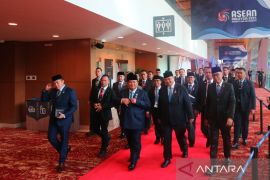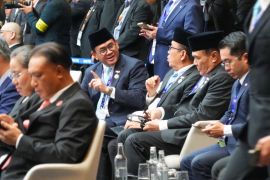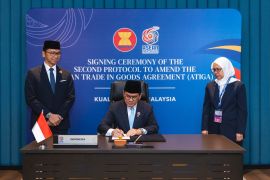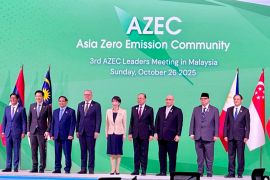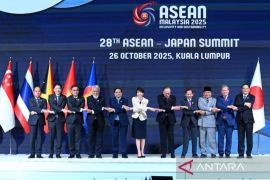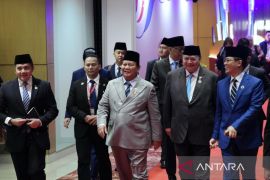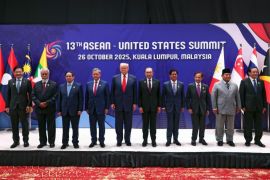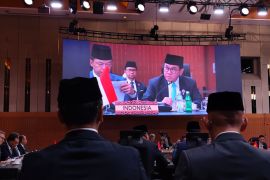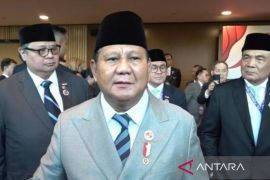"We have agreed to strengthen the implementation of local currency transactions and digital payment interconnectivity among our countries," he said during the 42nd ASEAN Summit in Labuan Bajo, East Nusa Tenggara, on Thursday.
This agreement aligns with ASEAN's objective of achieving centrality, aiming to strengthen the region and enhance its independence in the future, the head of state remarked.
During the ASEAN Leaders' Interface with Representatives of ASEAN Business Advisory Council (ASEAN-BAC), all members agreed to integrate QR (quick response) payment services, according to Arsjad Rasjid, the head of ASEAN-BAC.
For instance, the ASEAN QR Code has already been established between Indonesia and Thailand, as well as with Singapore.
Furthermore, preparations have been made to expand its coverage throughout the entire ASEAN region, including the implementation of the QR Code in Myanmar.
"This exemplifies centrality. We are actively pursuing and pushing for it," stated Rasjid.
He further explained that while each country may have its own stance or position, the state leaders have agreed to gradually adopt QR Code services among themselves, with the eventual integration of all ASEAN countries into such a scheme.
The 42nd ASEAN Summit highlights the theme of "ASEAN Matters: Epicentrum of Growth," aiming to underscore ASEAN's significance and relevance as a global growth center. The objective is to enhance the region's capacity, effectiveness, and ability to address challenges in the next 20 years.
The summit also addresses ASEAN as a center of growth, supported by its large population and consistent outperformance of global economic growth averages. The goal is for ASEAN to become an inclusive, resilient, and sustainable hub of economic growth.
Related news: ASEAN agrees to build electric vehicle ecosystem: Jokowi
Related news: ASEAN striving to boost cooperation, ease tensions in region
Translator: M Heriyanto, Mecca Yumna
Editor: Anton Santoso
Copyright © ANTARA 2023
